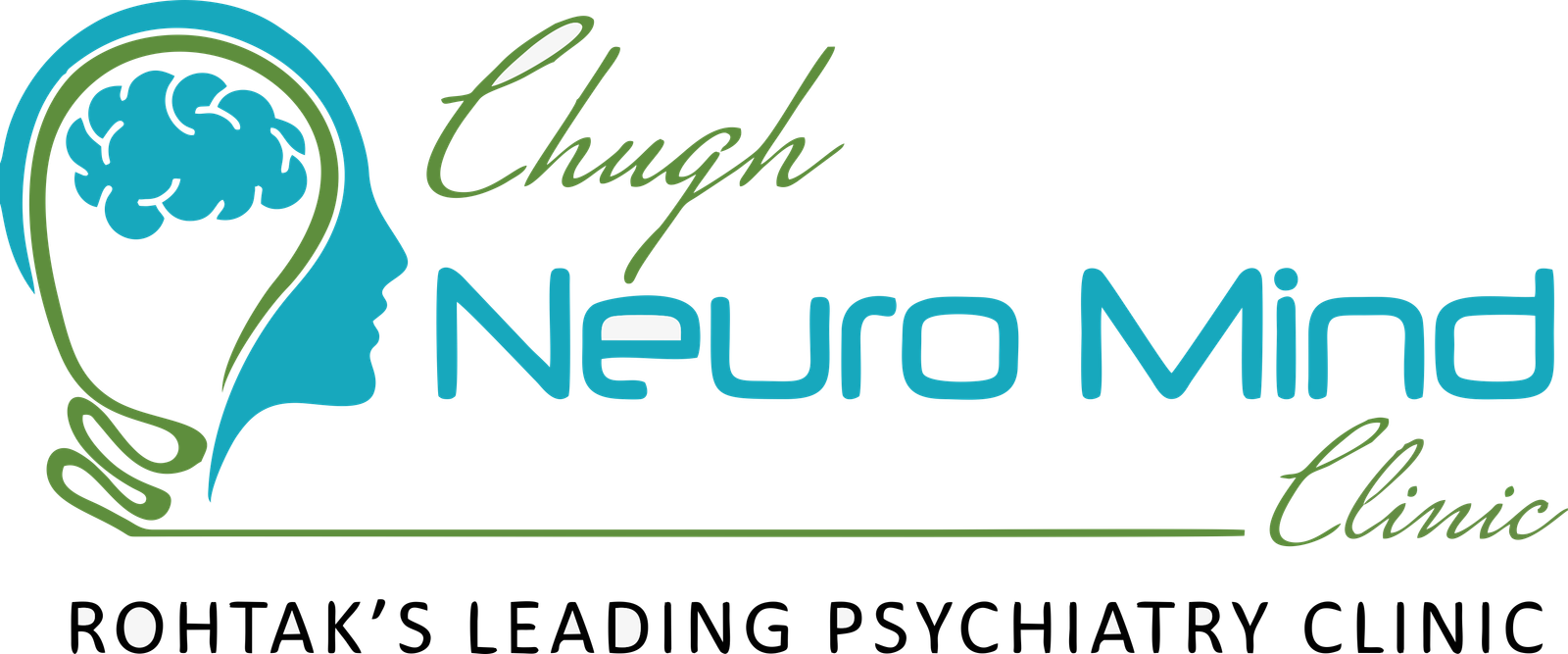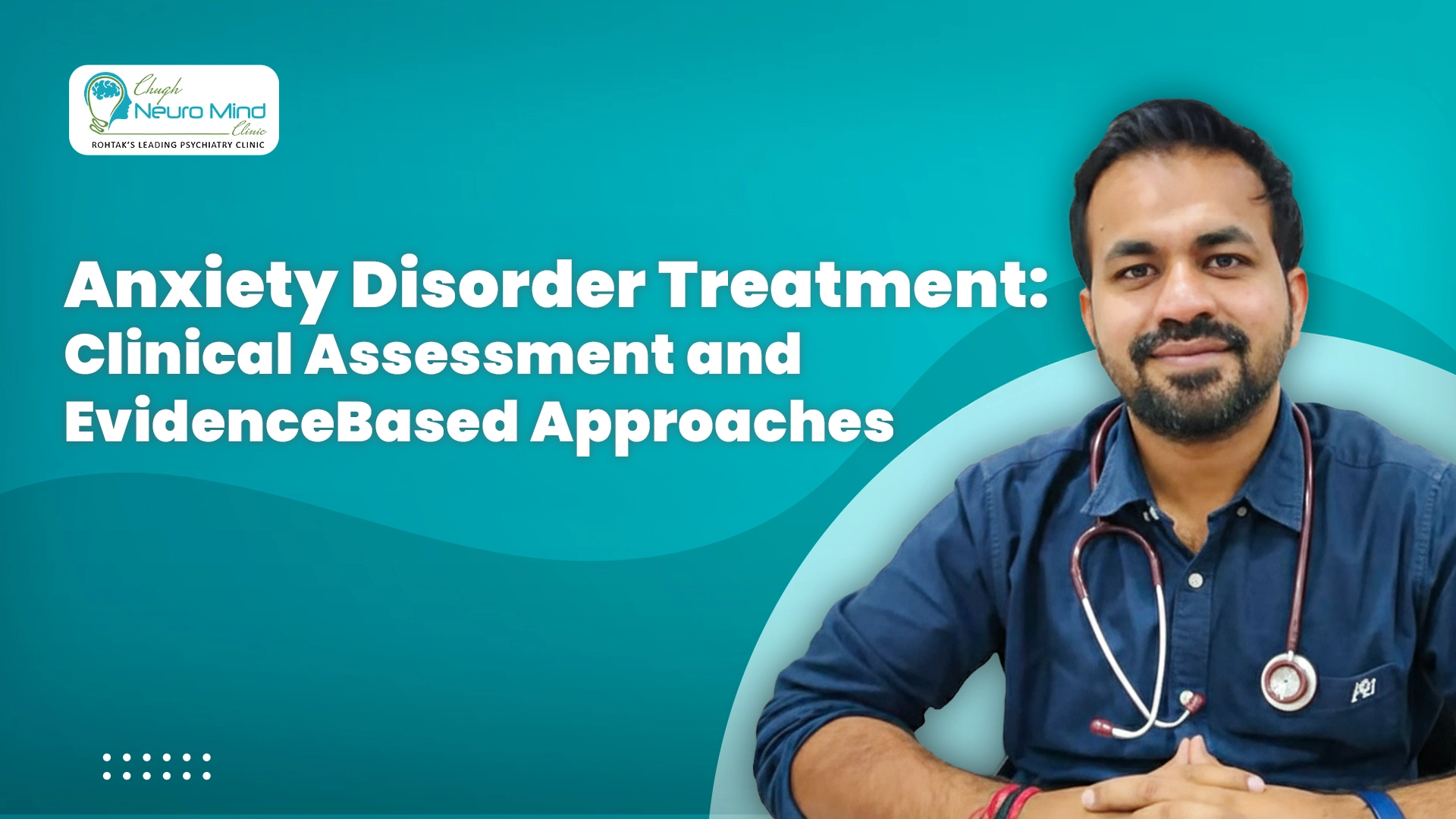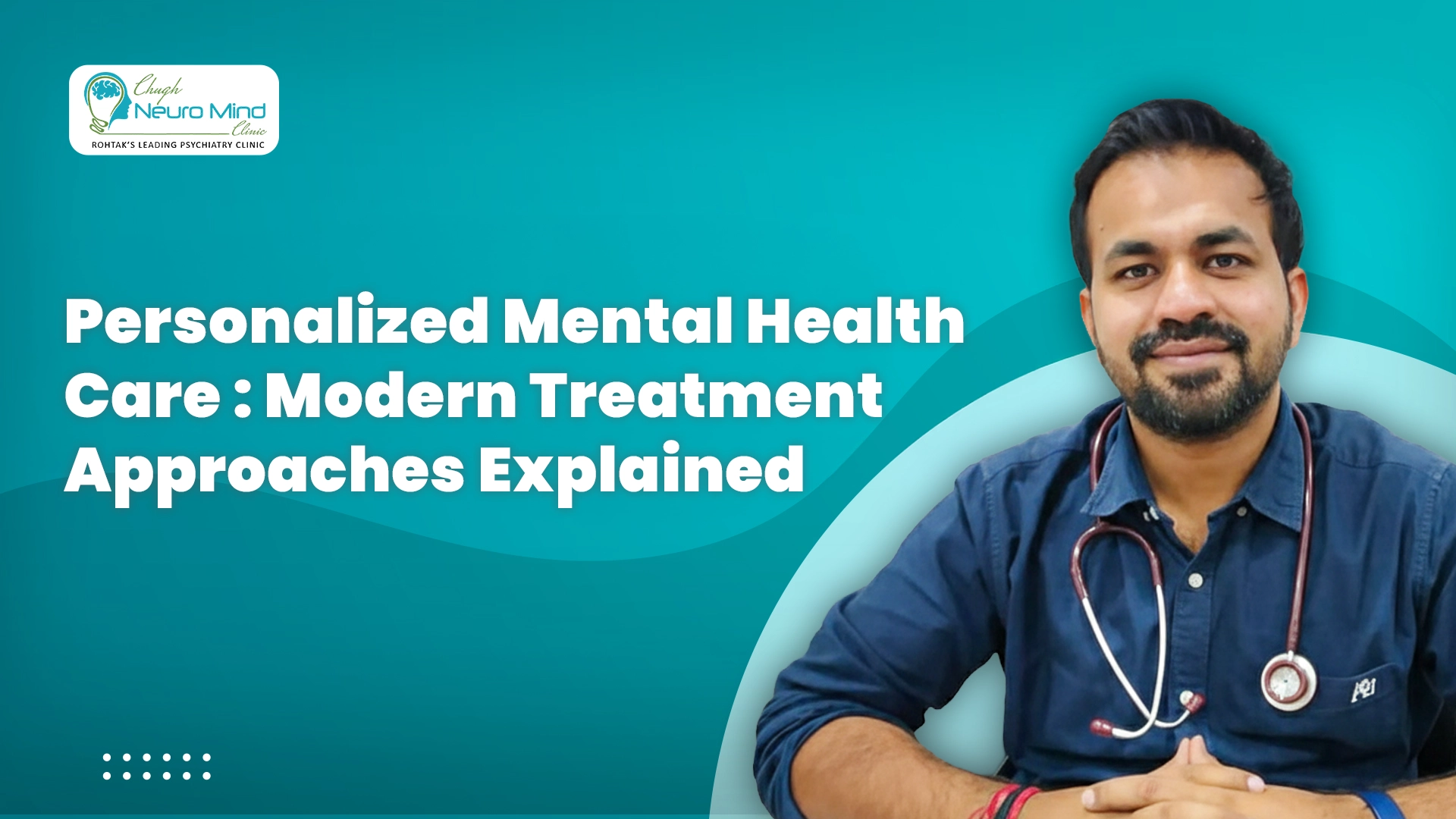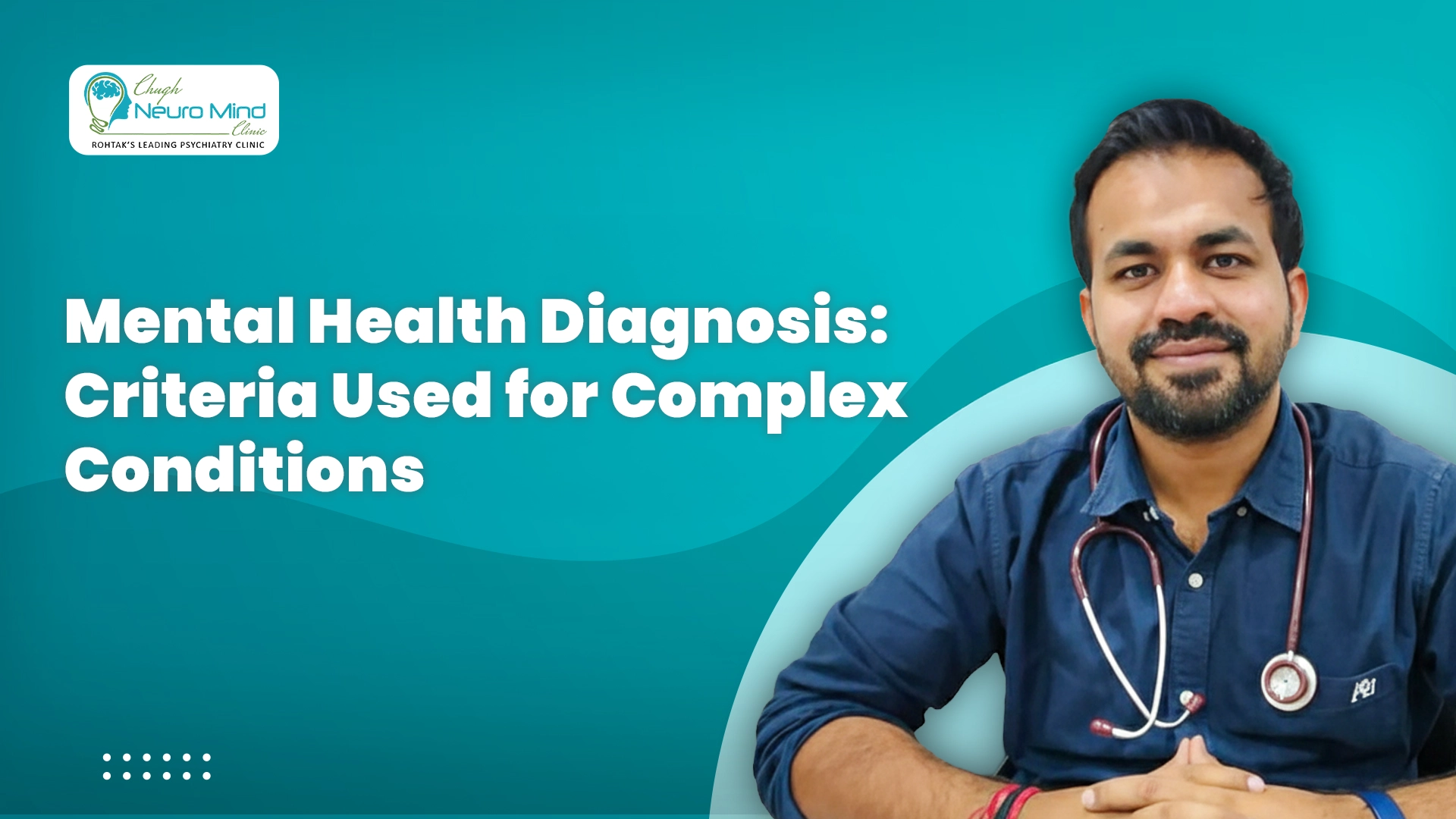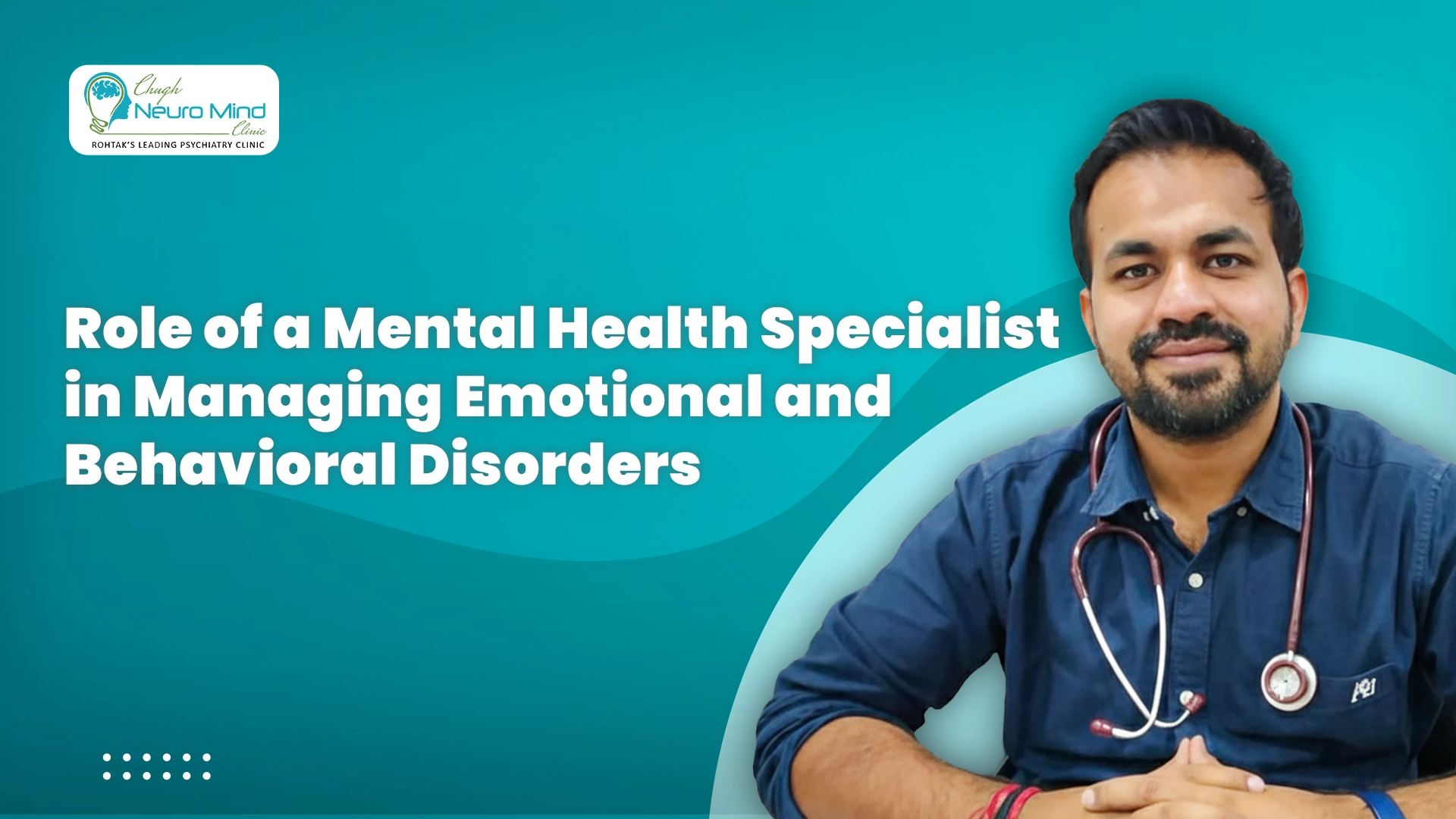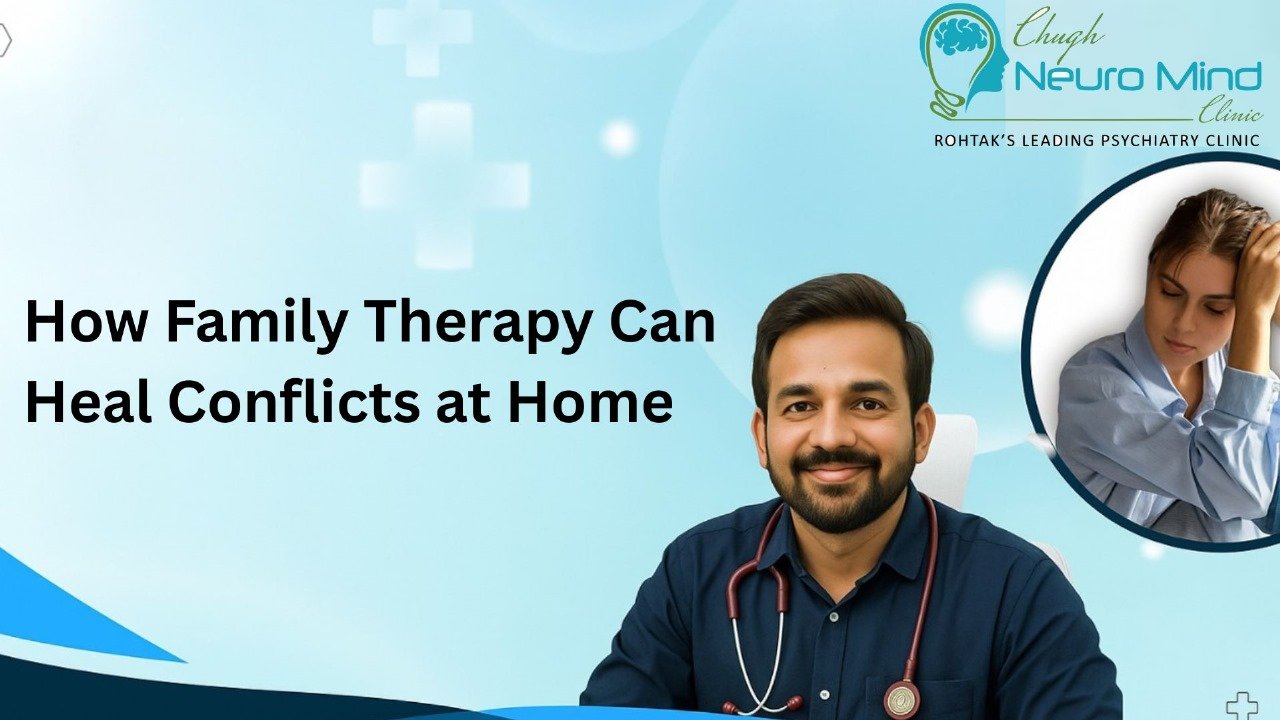
- Best Online Therapist in India
- October 7,2025
- BY admin
- 0 Comments
How Family Therapy Can Heal Conflicts at Home
The home is supposed to be an environment that is filled with love, comfort and safety. However, sometimes conflicts occur from disagreements, misunderstandings or tensions that affect all members of the family. These disputes can lead to tension, emotional distance and may even affect the health of children.
This is the point at which the concept of family therapy is a key component. Also called family therapy and it can help families to communicate better, learn from each other better, and work out disputes in a constructive manner. When you’re in search of a therapy for your family near me or are considering online sessions, Family therapy is powerful in helping to heal family relationships in the home.
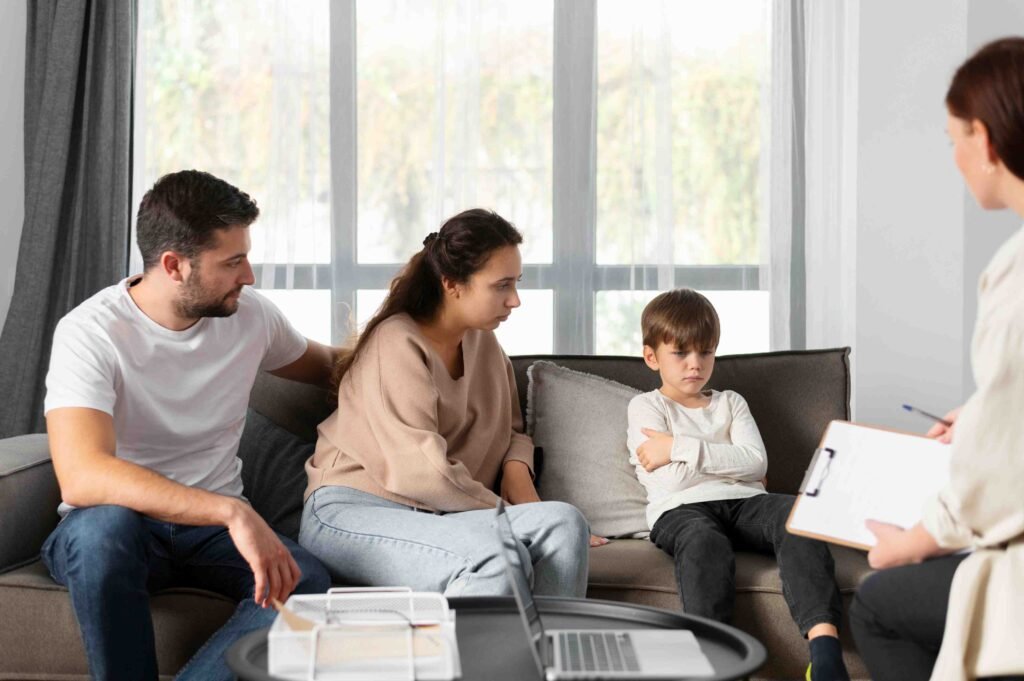
What Is Family Therapy?
Therapy for families is a form of counselling that includes multiple family members. The aim is to improve communication between family members, settle conflicts and strengthen the bonds between family members. In contrast to individual therapy, which is focused on a specific person, family therapy focuses on the way that everyone interacts and how behaviour patterns impact relationships.
A certified family therapist assists families:
- Learn to get along better
- Solutions to problems can be found together
- Increase emotional connections
- Learn how to manage disputes peacefully
Family therapy could be brief, with just the occasional session or more long-term, depending on the requirements of the whole family.
Why Families Need Therapy
Many families believe that therapy is just used for “serious problems,” but this is a myth. Family members seek therapy for many reasons, which include:
- Incessant arguments or tension at home
- Communication problems
- Stress from major life-altering events (like divorce, moving out, or job loss)
- Parenting challenges
- Problems with behaviour in teens or children
- The loss or grief of a family
Therapy isn’t the sign of weakness; it’s a sign of love. Families that seek assistance earlier often stop small issues from becoming bigger problems.
How Family Therapy Works
During therapy for families, the member of the therapy team can observe interactions and help family members to express themselves in a secure, respectful manner. The sessions are supervised, and everyone is given the chance to express themselves.
Here’s how typical family therapy is carried out:
1. Assessment
The therapist will learn about the family’s structure, its relationships and the major conflicts. They can ask questions and observe the way family members interact in sessions.
2. Goal Setting
Together with the family, the therapist and their children establish goals. Examples:
- Reduce the arguments
- Enhance the communication
- Increase the trust
The goals are helpful and adapted to the needs of each family.
3. Communication Training
A large aspect of therapy for families is teaching families to effectively communicate. This includes:
- Listening, without interruptions
- Expression of feelings without blaming
- Being able to understand each other’s perspectives
4. Conflict Resolution
The therapist aids the family in creating strategies to resolve issues with calm and logical thinking. Families are taught to manage tension, compromise and discover solutions that are beneficial for all.
5. Building Stronger Relationships
Therapy also focuses on enhancing emotional acceptance and empathy. Families are taught to celebrate success as well as show appreciation and be supportive during difficult moments.
Benefits of Family Therapy
Family therapy can provide many benefits for adults and children alike. The most important benefits are:
1. Improved Communication
Family members are taught to speak with openness and be attentive. Conversations become more productive, and miscommunications diminish. Are more productive.
2. Reduced Conflict
Therapy can help families resolve disputes with ease. The techniques learned during sessions can stop arguments from getting out of hand.
3. Stronger Bonds
Therapy sessions can help foster emotional intimacy. Families feel more connected and reassured.
4. Better Parenting
Parents are taught effective ways to help their children, without anger or anger. Children feel more secure and accepted.
5. Emotional Healing
Family therapy can aid in healing old wounds, like conflicts that have not been resolved, or trauma, which allows everyone to progress with one another.
6. Problem-Solving Skills
Families can use tools to manage future conflicts without the need for therapy each time. It allows all members to work as a group.
Who can benefit From Therapy for Families? Therapy?
Family therapy can be helpful in various circumstances. Some examples include:
- Parents struggling with their teenager’s behaviour
- Families facing separation or divorce
- Families who are struggling with mental or physical health issues or addiction
- Families who are dealing with loss or grief
- Couples with children who require assistance in resolving conflicts
Families with no major issues are able to gain from a therapy session. Therapy can strengthen relationships and enhance harmony in the home.
Types of Family Therapy
There are many ways to approach family therapy. Your family counsellor will determine the best method based on your specific situation:
- Structural Family Therapy – Focuses on the role of family members and structure to bring peace and harmony.
- Strategic Family Therapy utilizes strategies that are practical to alter problematic behaviour quickly.
- The Systemic Family Therapy – Looks at the patterns and interactions in families.
- Focused Therapy is focused on solutions, not issues, to accomplish goals with efficiency.
Whatever the method or type, the end goal will be the same: stronger relationships and better communication.
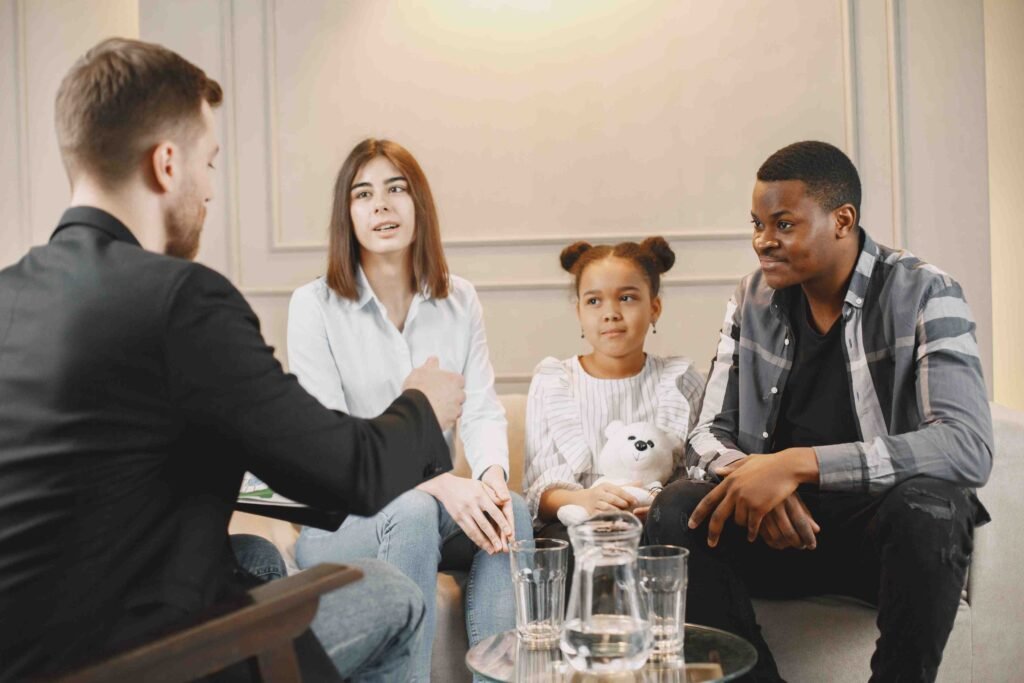
Finding a Family Therapist Near Me
If you need assistance from a professional, looking for a family therapist in my area is a good place to start. Here’s how to locate the most suitable one:
- Find certified and licensed family therapists who are certified and licensed.
- Read online reviews and testimonials
- Request recommendations from your friends or doctors
- Take into consideration the style of therapy (in-person as well as online)
- The therapist must make everyone feel relaxed and heard.
The appropriate therapist can be a major factor in your family’s development.
Tips for a Successful Family Therapy Experience
- Be honest and open. Feel free to share your thoughts and concerns with no anxiety.
- Listen actively. Pay attention to others’ perspectives.
- Stay committed. Be present at every session and fully participate.
- Do some practice at home. Learn to apply the knowledge you’ve learned in therapy every day.
- Be patient. Change is a process that takes time, but persistent effort will pay off.
Family Counselling: Not Just for Problems
Many families go to counseling without any major conflict. Counselling for families can:
- Family bonds can be strengthened
- Improve understanding between generations
- Develop coping skills for transitions or stress
- Help create a more positive, healthier home and surroundings
Consider it as preventive treatment, making sure your family is strong prior to problems arising.
Conclusion
Family conflicts are common; however, they shouldn’t be used to be destructive to relationships. Family therapy gives families a space to listen, talk, and heal. It assists families in communicating better, handling conflict, and creating stronger, more enjoyable relationships.
If you’re dealing with parenting issues, arguments or stress, seeking advice from a family therapy center near me could be a pivotal decision. Family counselling isn’t a sign that you’re vulnerable, but rather an opportunity to create a healthier and more connected home.
Under the direction of a trained therapist, families can use conflicts as opportunities to grow as well as understanding and love.
FAQs
1. What’s the main difference between Family Therapy and counselling?
They’re basically identical. Both involve guidance from a professional to improve communication and strengthen relationships in the home.
2. How long will the family therapy process take?
It’s dependent on the needs of the family. Some families notice improvement after just a few sessions, whereas others see improvement with ongoing therapy over a period of time.
3. Are children able to take part in therapy sessions with their families?
Yes! Children are often an integral aspect of therapy. It helps parents to understand their emotions as well as improve the relationships between families.
4. Where can I find a reliable family therapist in my area?
Choose experienced and licensed Therapists who review their work, ask for recommendations, and make sure they can make your entire family feel at ease.
5. Is family therapy only for families that are in crisis?
No. Families with no major conflict could benefit from therapy to increase the communication between them, build stronger bonds and ensure a harmonious family.
